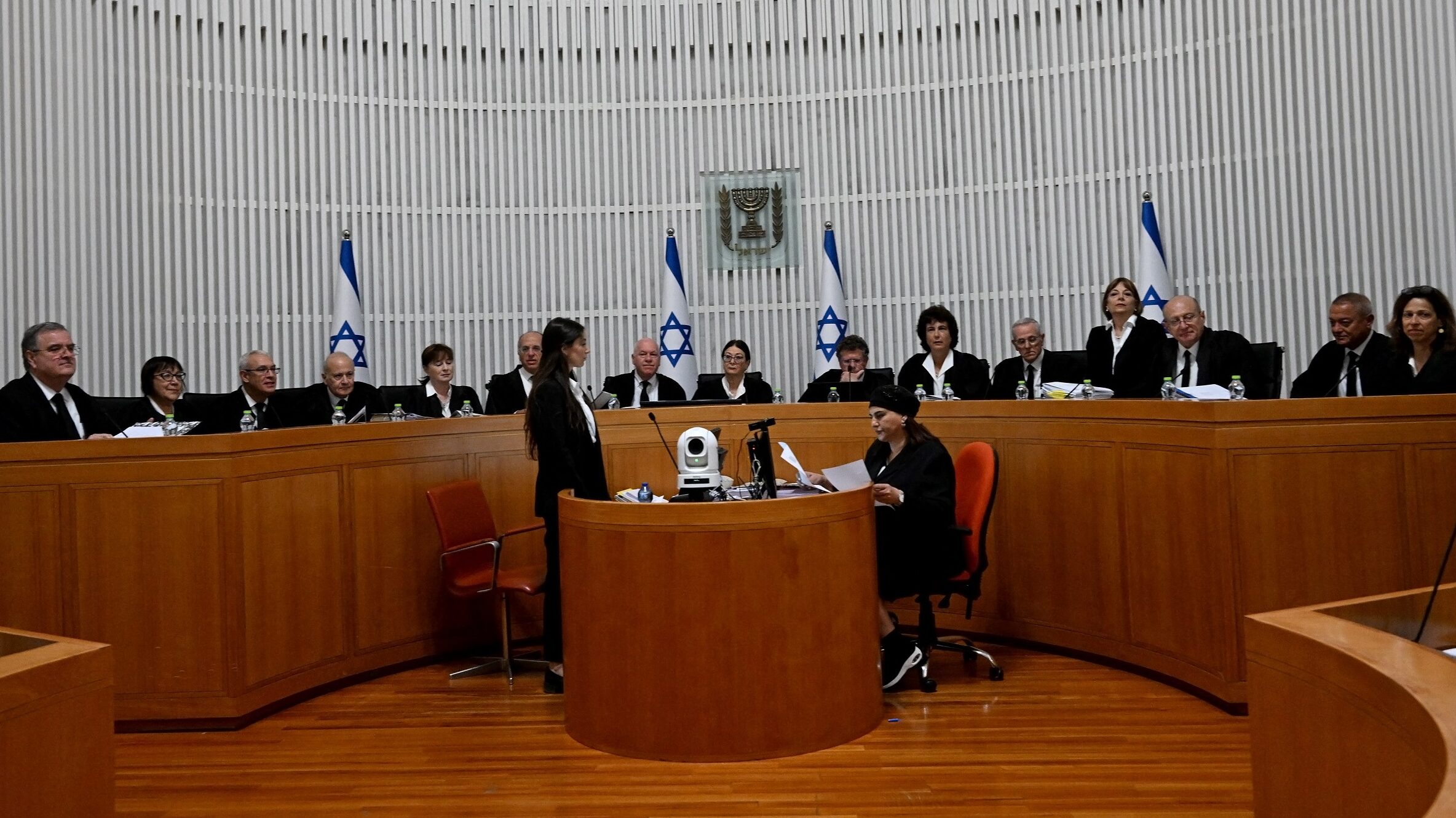Netanyahu’s Judicial Overhaul Faces Landmark Legal Challenge in Israel
In a landmark move, Israel’s Supreme Court on Tuesday convened to review the legality of Prime Minister Benjamin Netanyahu’s controversial judicial overhaul, a decision that has the nation on the edge of a constitutional crisis. The court has escalated its regular three-justice panel to include all 15 justices for the first time in the country’s history.
The law under scrutiny was passed in July and seeks to remove the court’s authority to strike down government decisions deemed particularly unreasonable. Critics argue that the change would centralize power within the Netanyahu-led coalition and dismantle key checks on government authority.
This holiday season, give to:
Truth and understanding
The Media Line's intrepid correspondents are in Israel, Gaza, Lebanon, Syria and Pakistan providing first-person reporting.
They all said they cover it.
We see it.
We report with just one agenda: the truth.


“Democracies die slowly, step by step, law by law,” warned Susie Navot, vice president of the Israel Democracy Institute.
Public protests have been rampant for 36 weeks, and the tension has transcended into sectors such as high-tech business and even the military. On the opposite end, Justice Minister Yariv Levin contended that the court “lacks all authority” to review the law.
While a final ruling is not expected on Tuesday, the proceedings will be closely watched for indicators of the court’s ultimate direction in what many see as a struggle over the definition of democracy in Israel.

